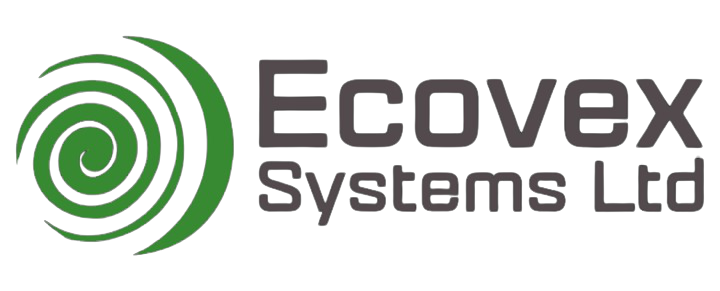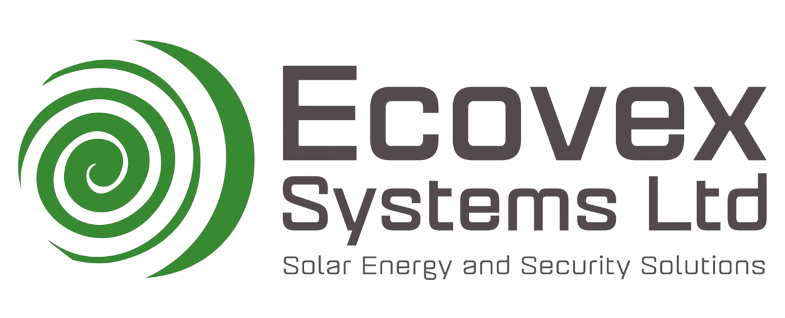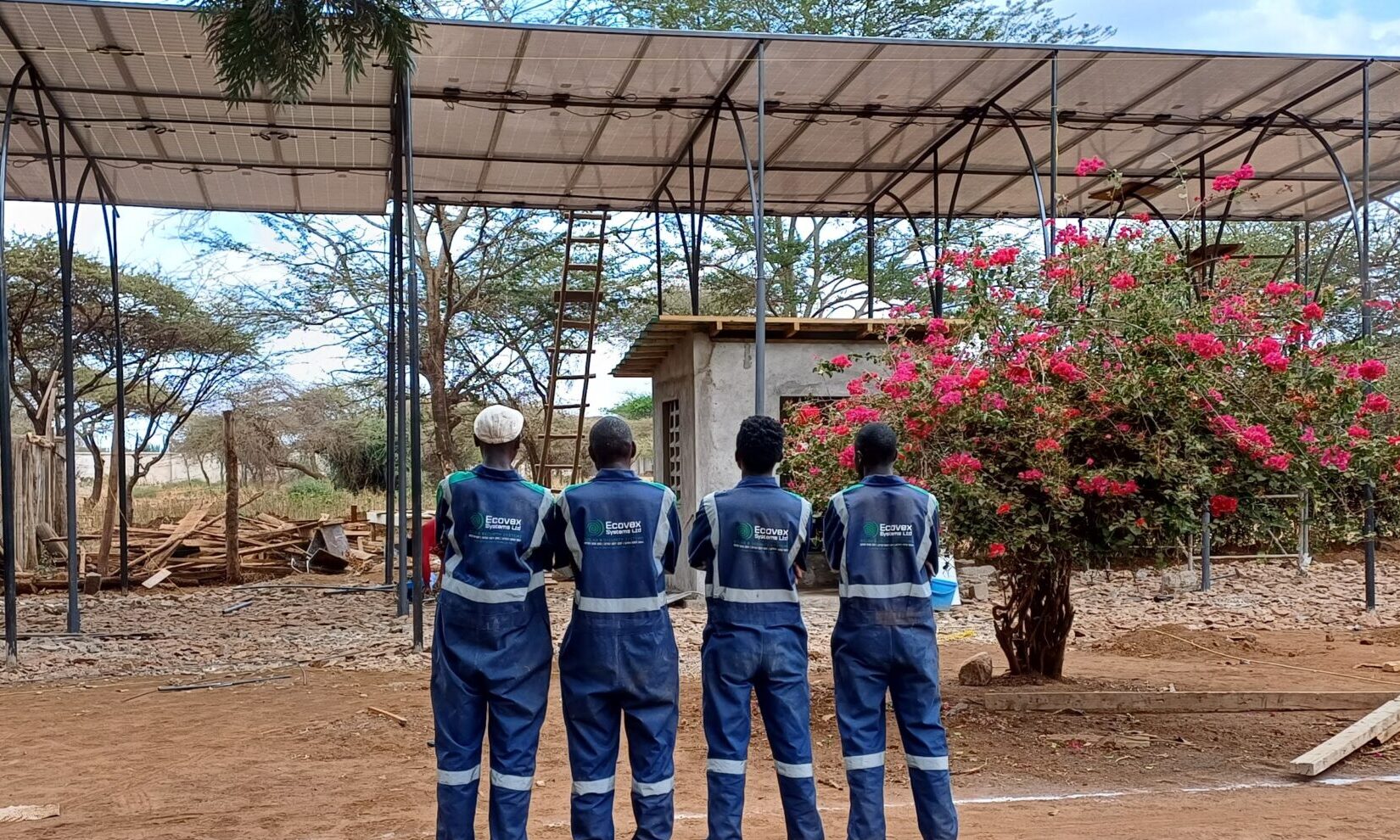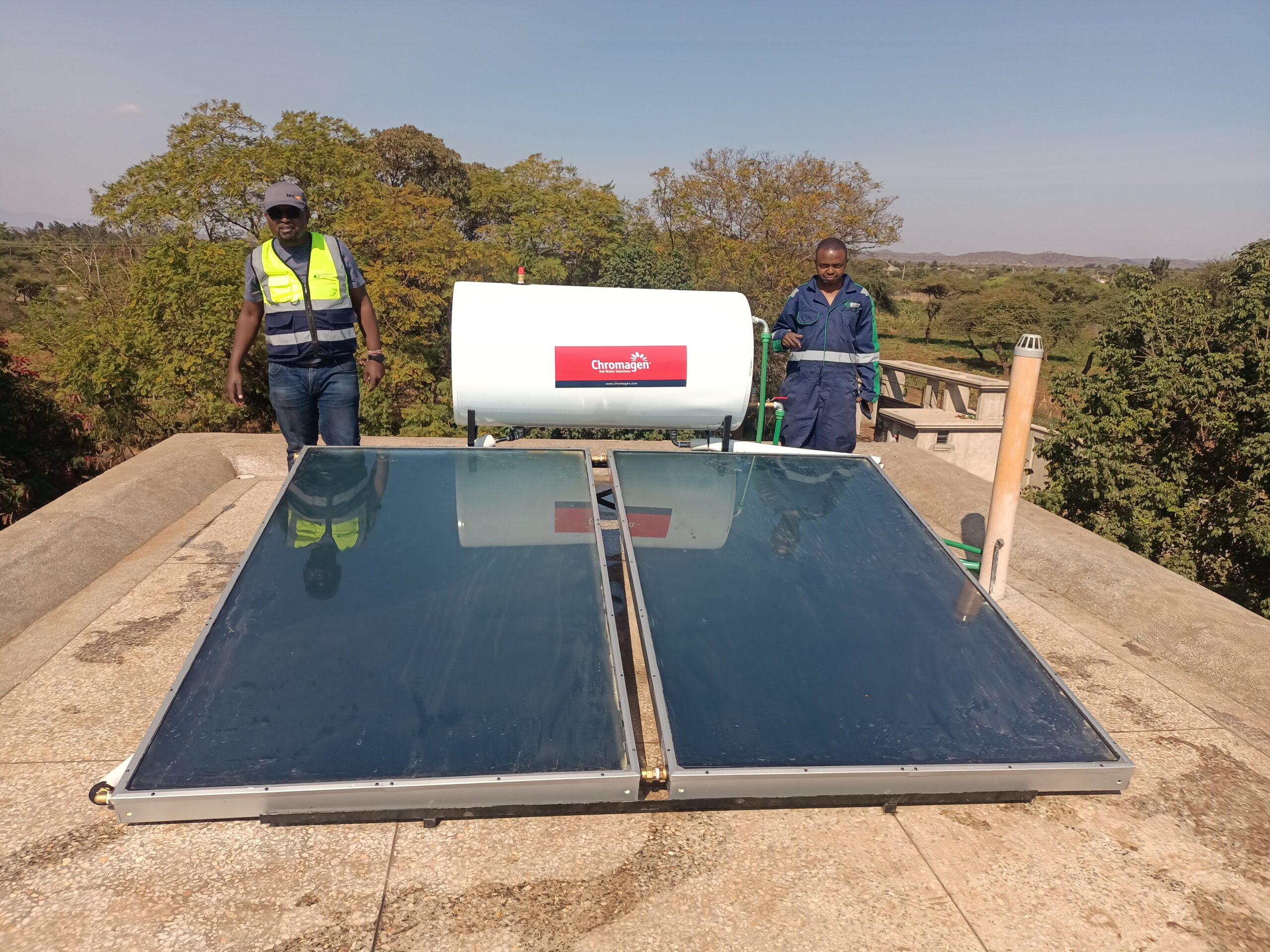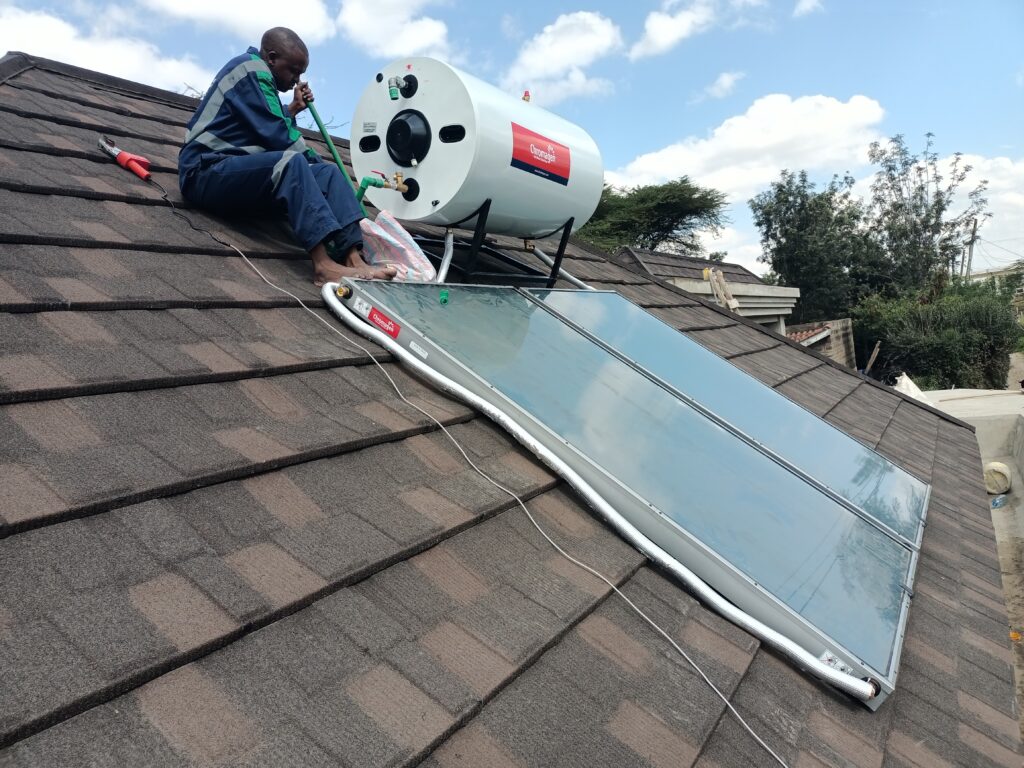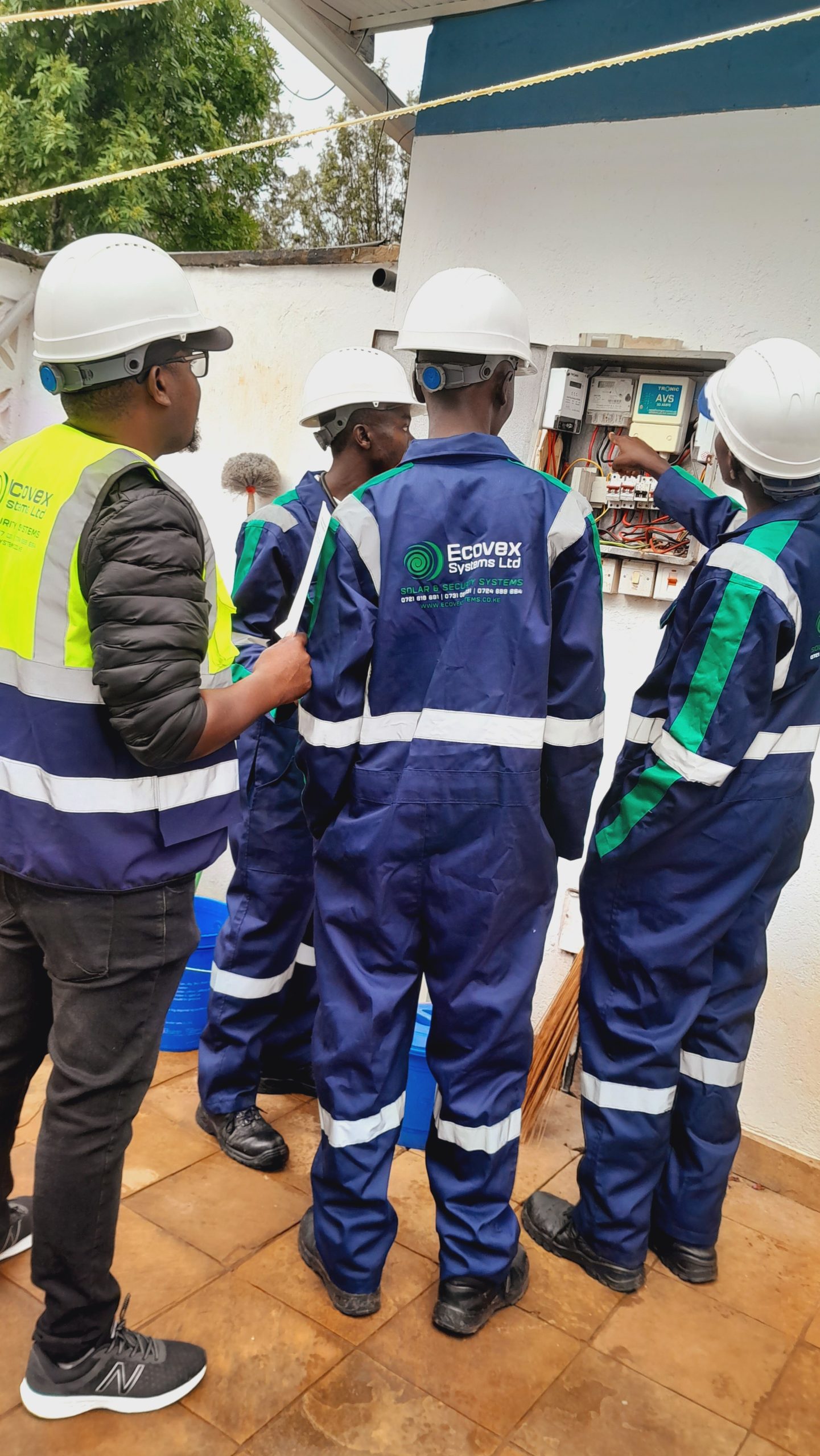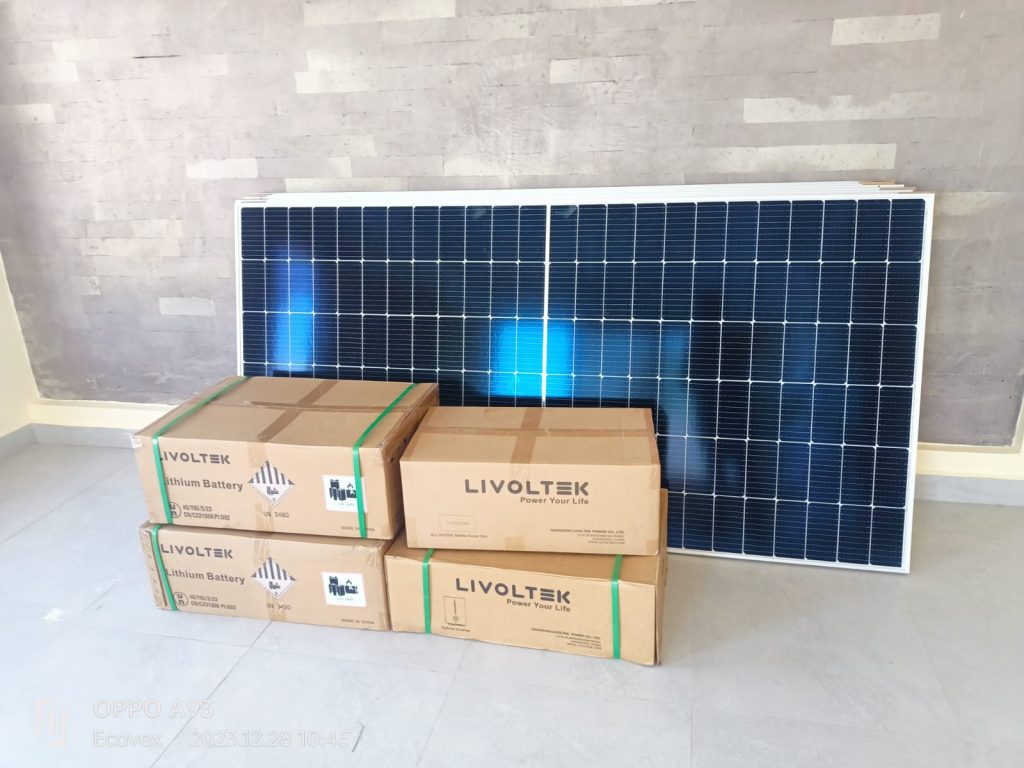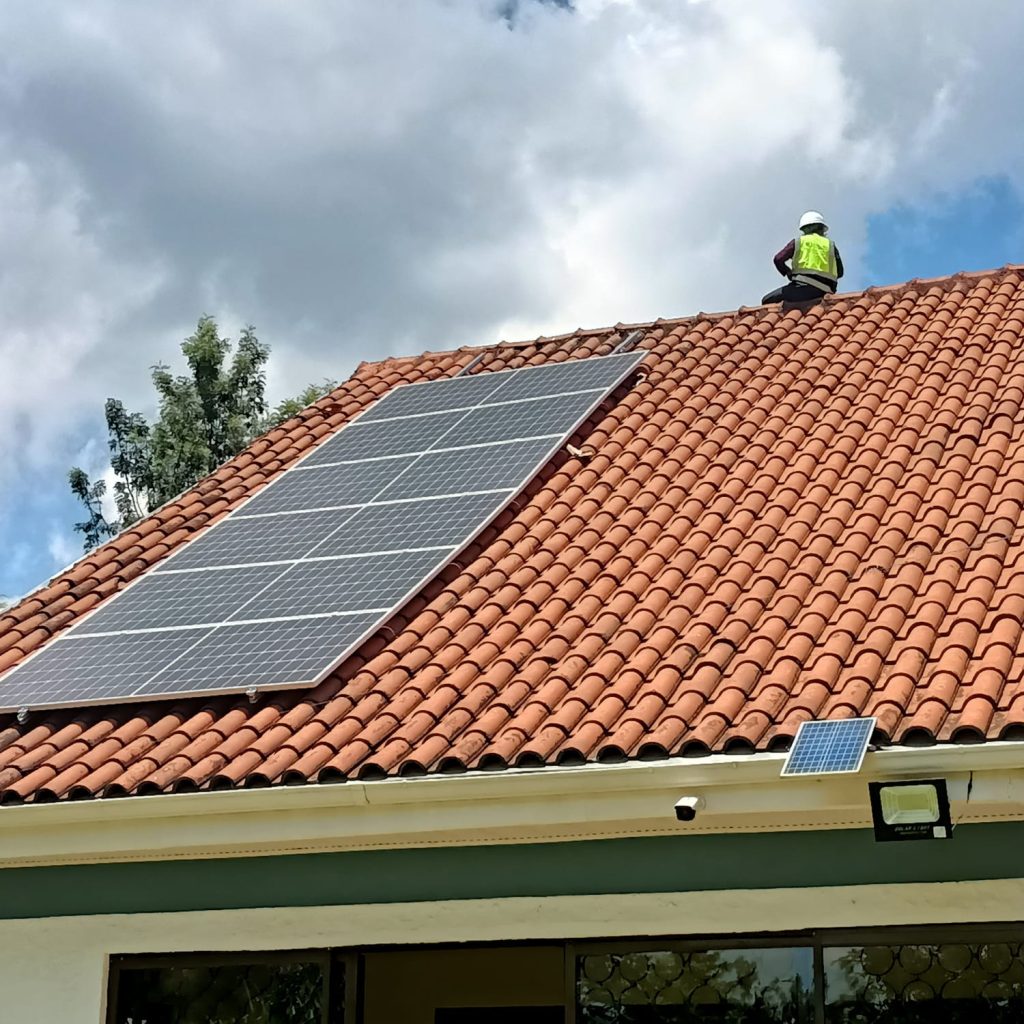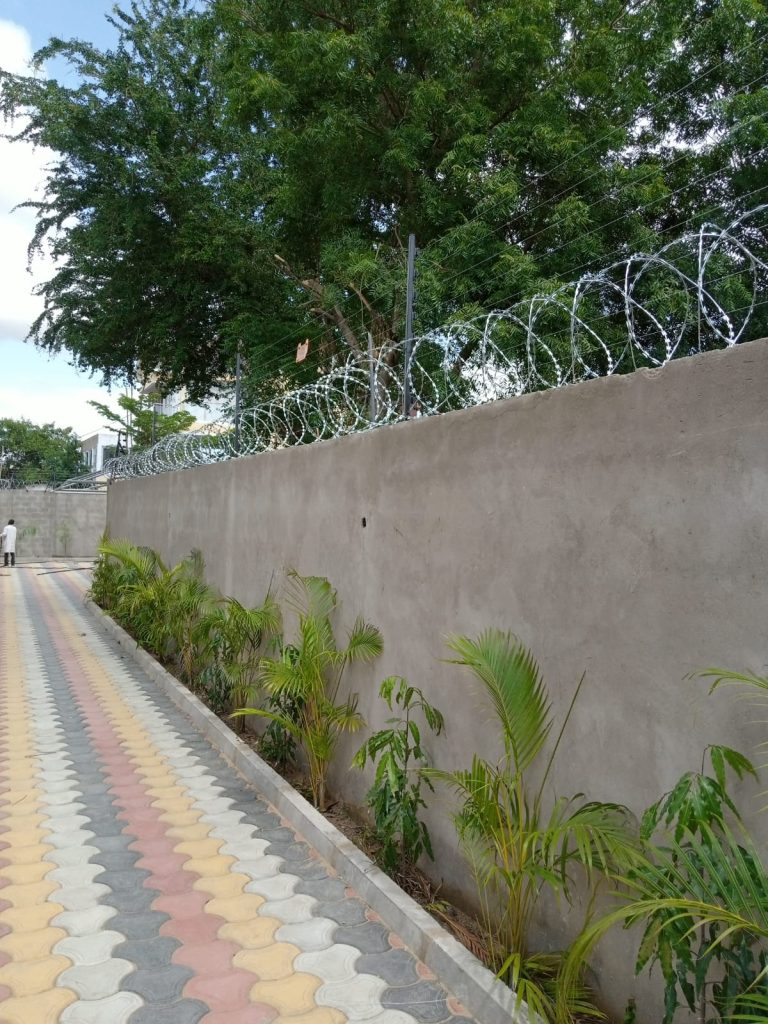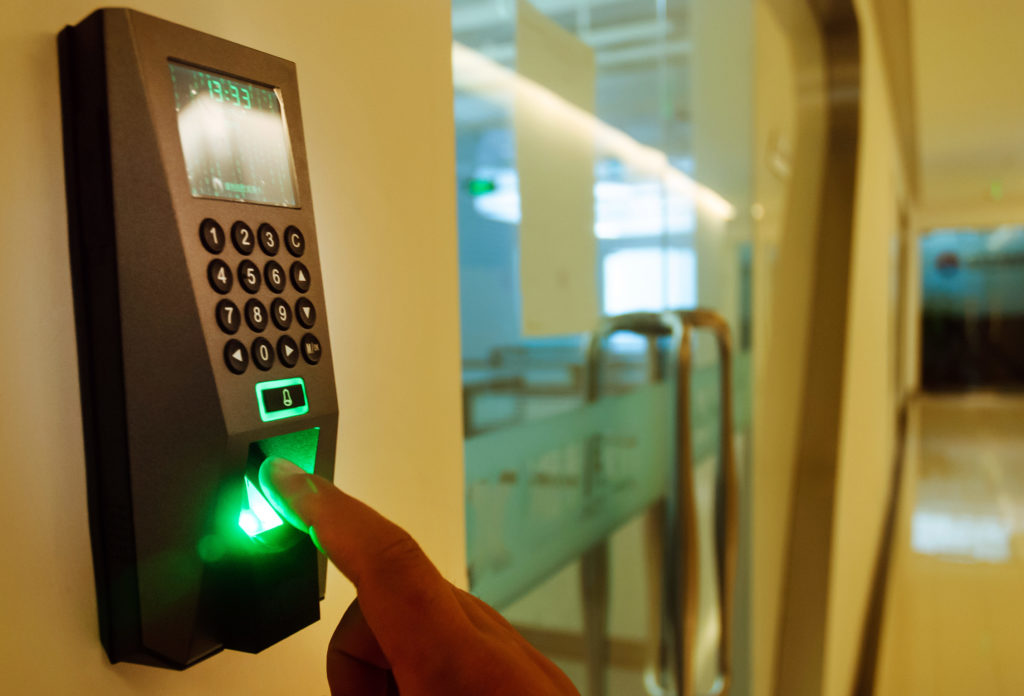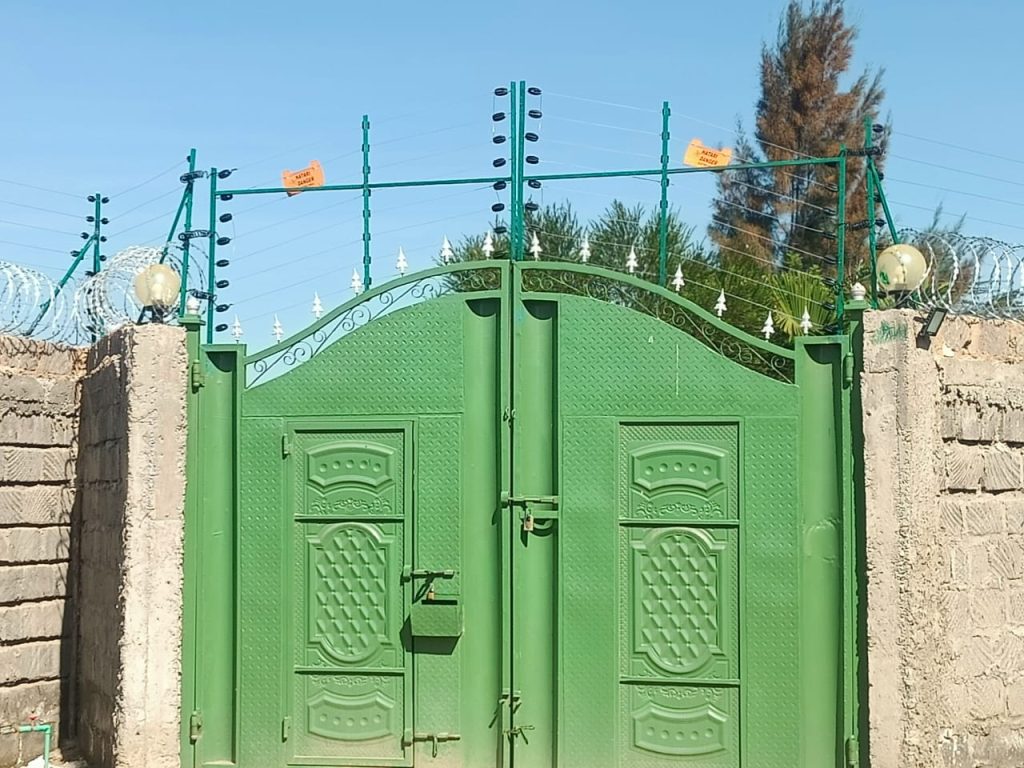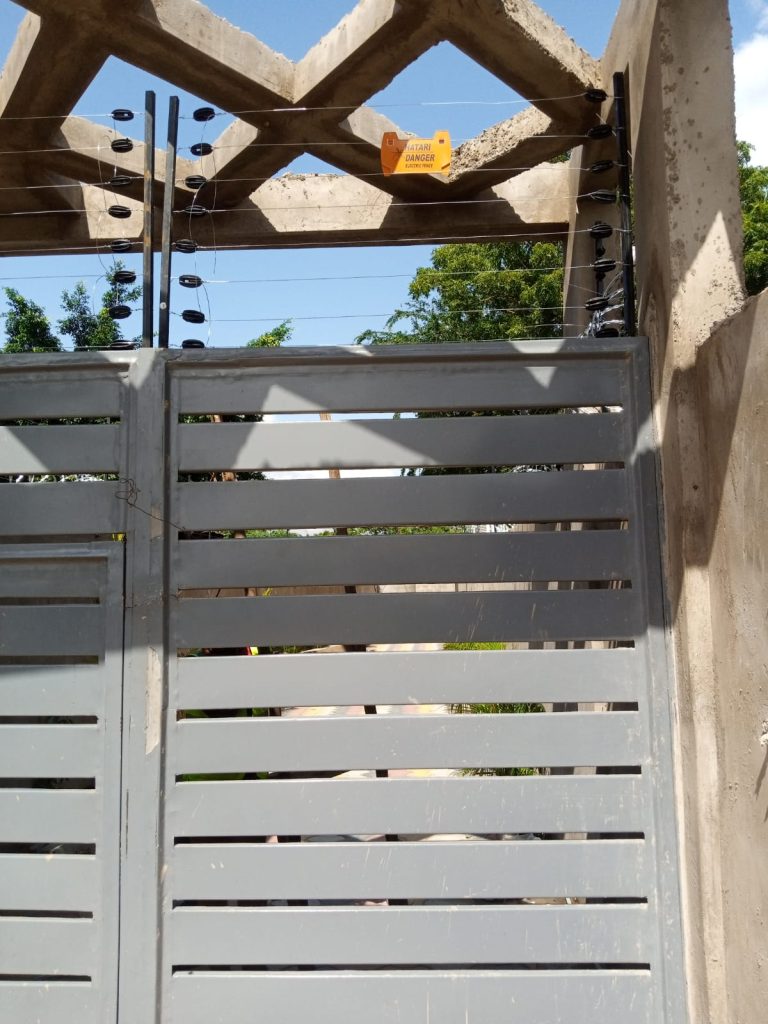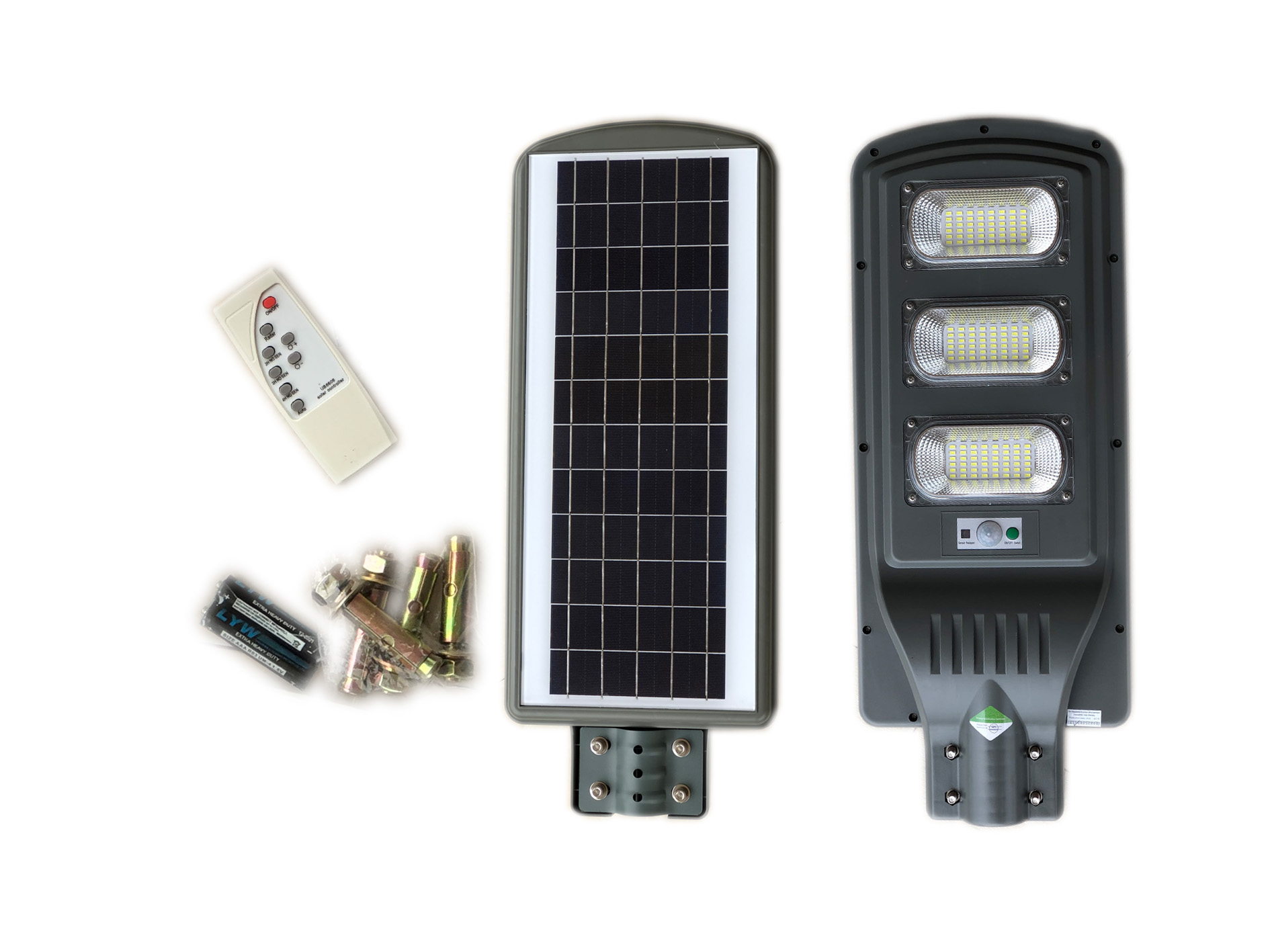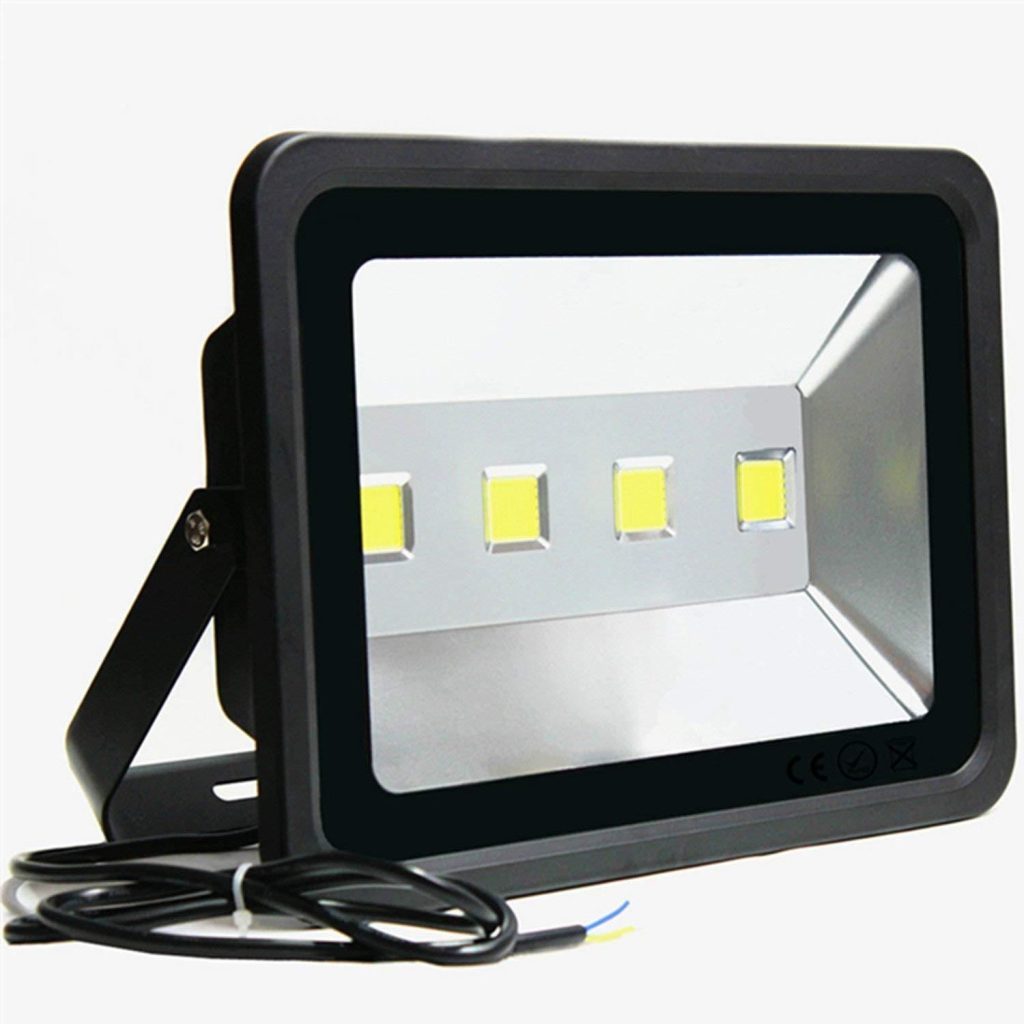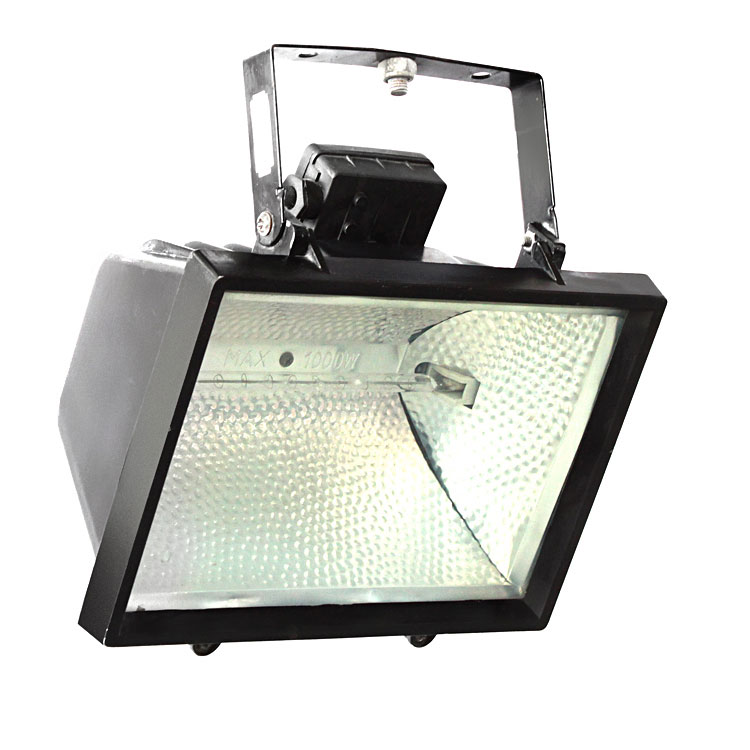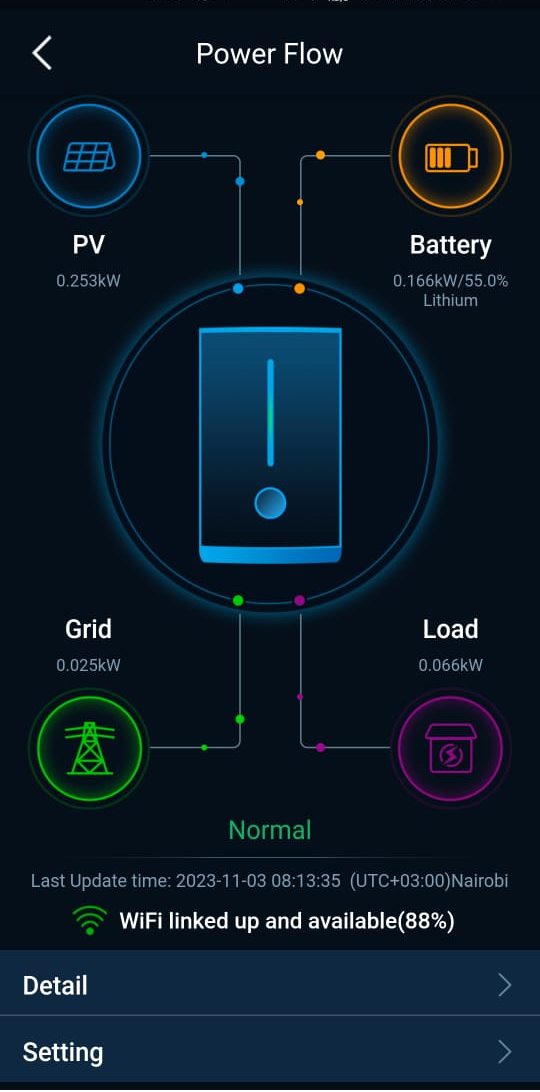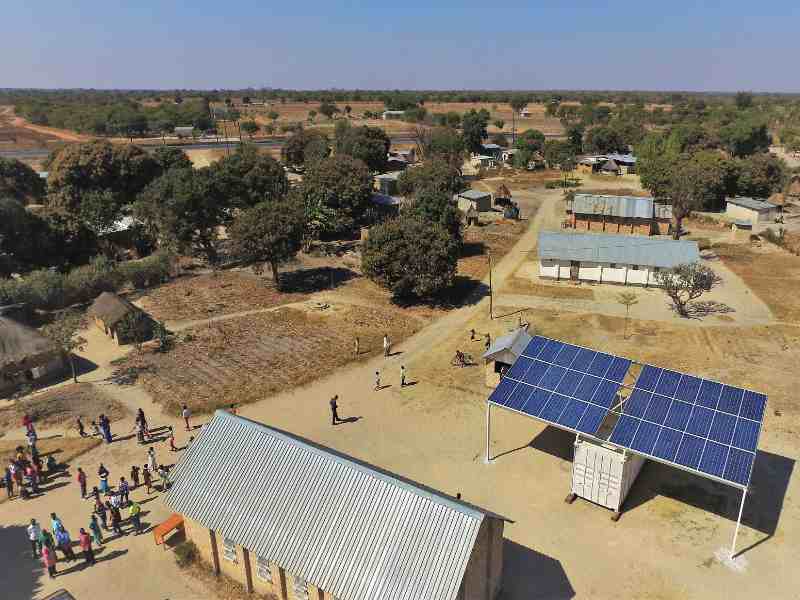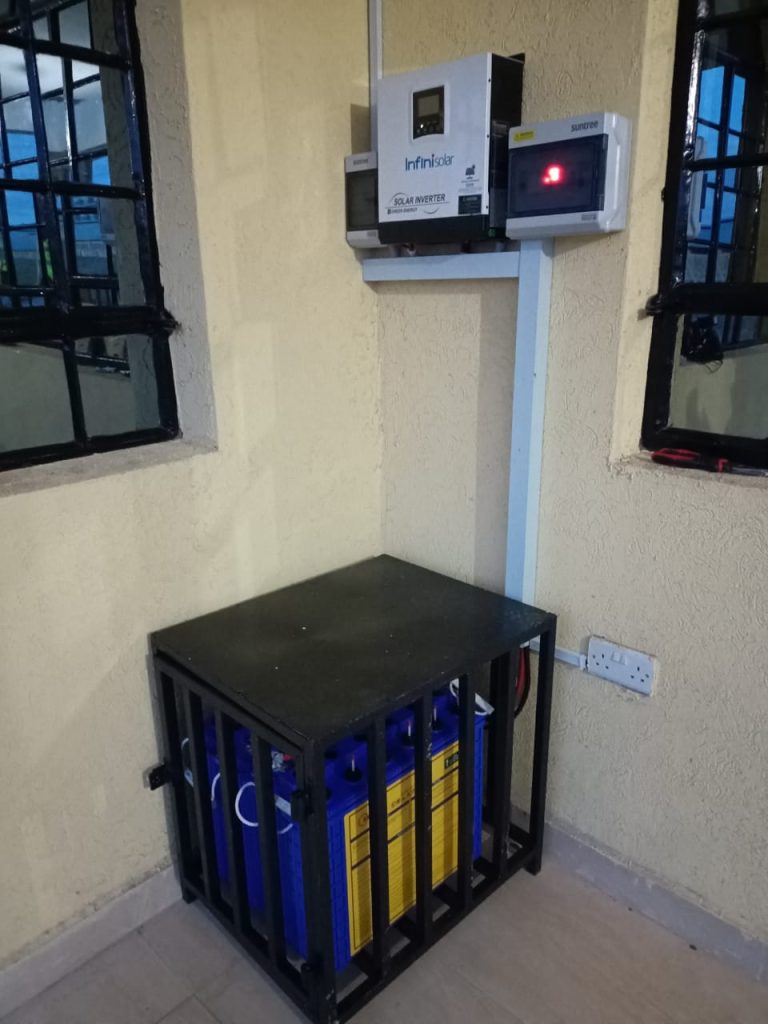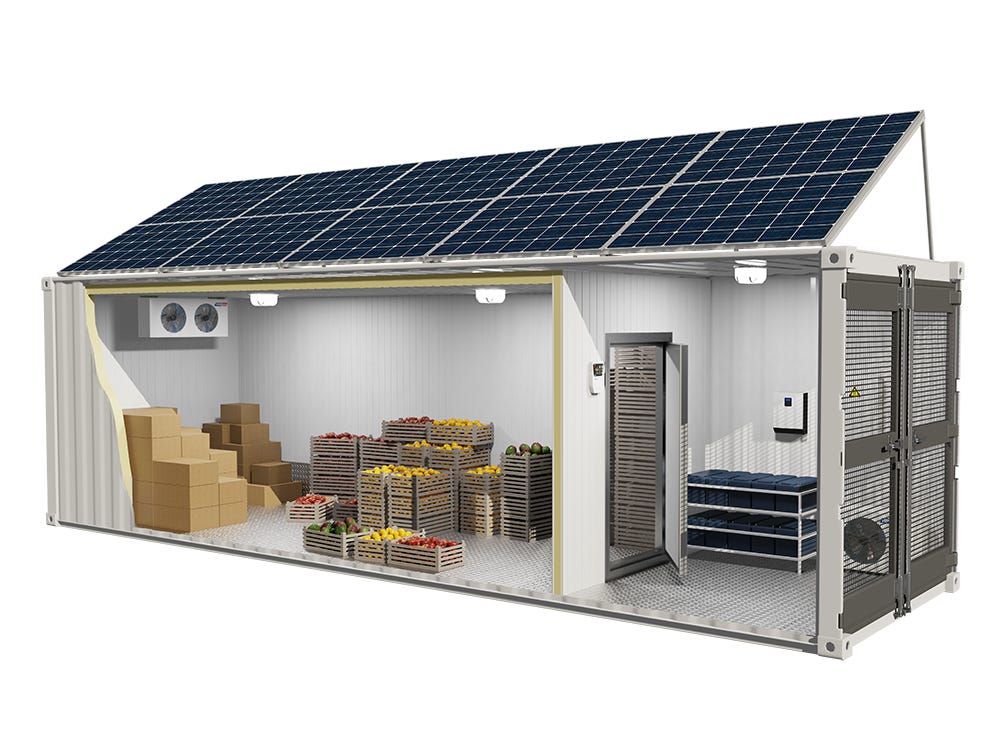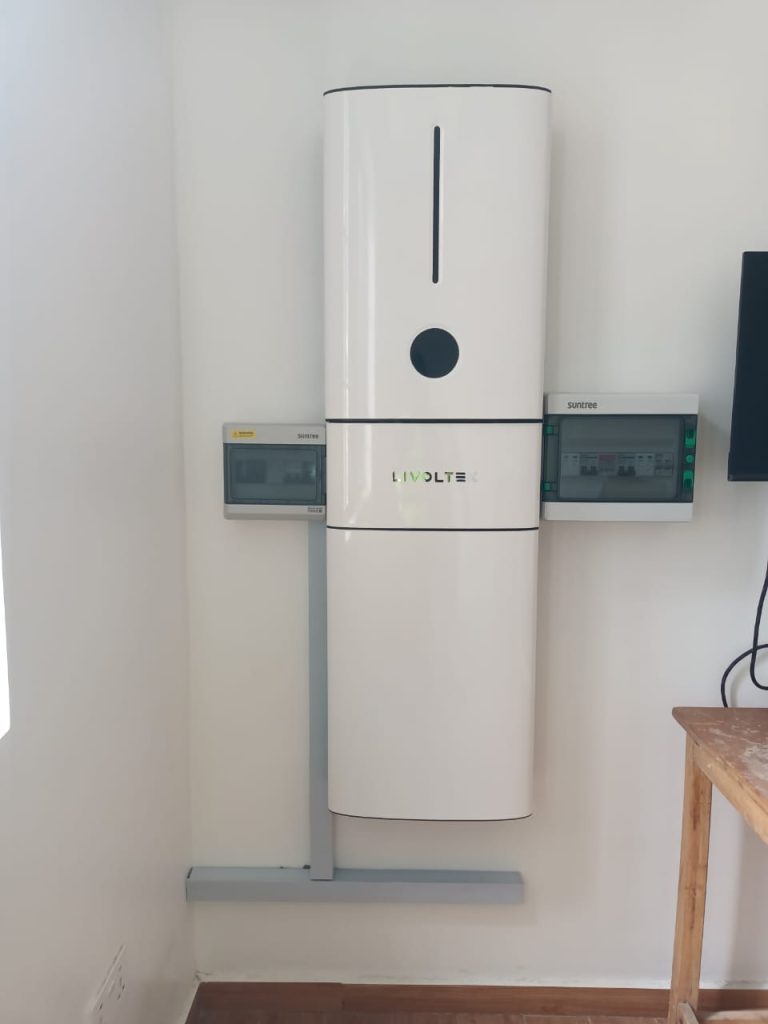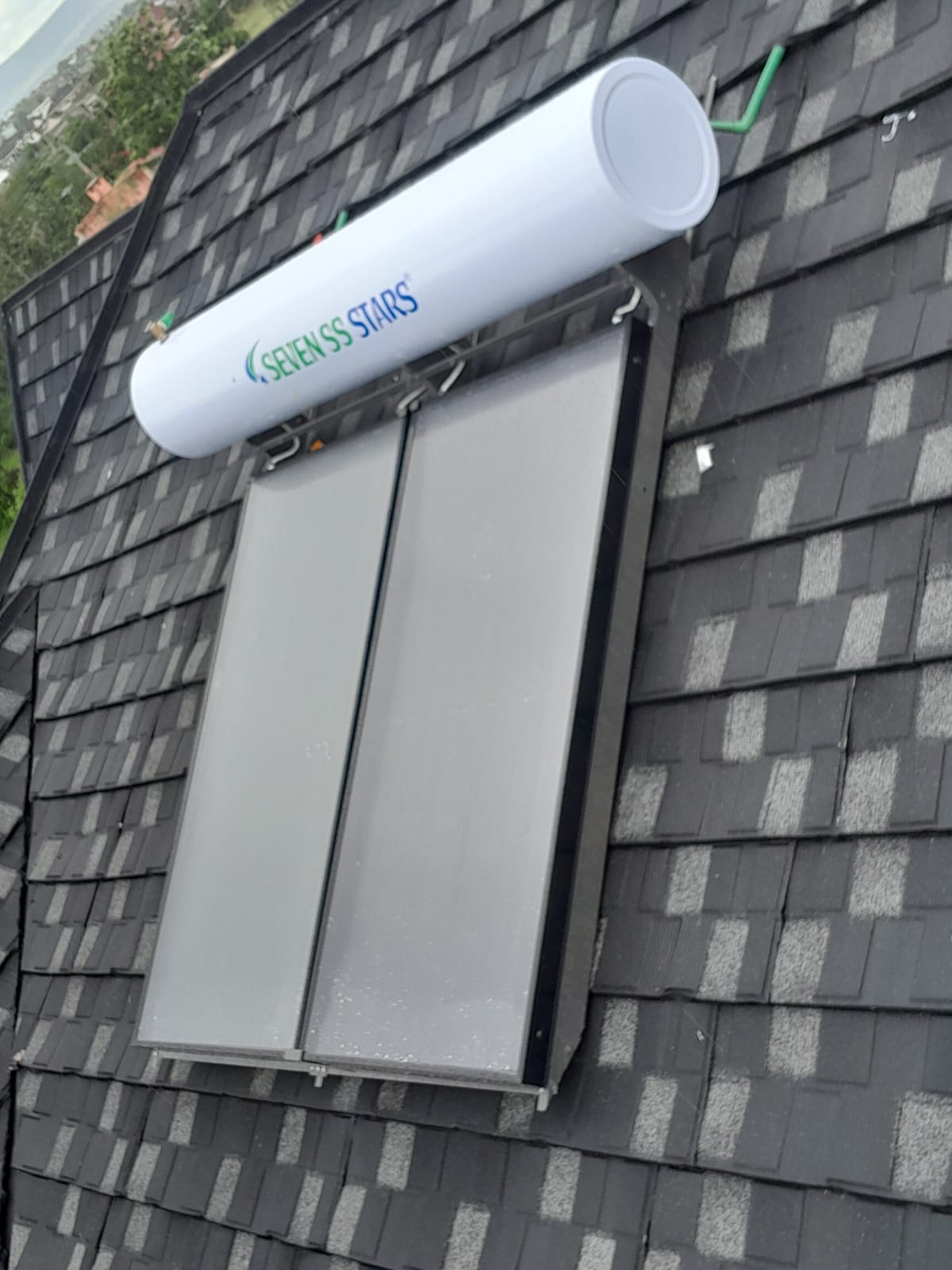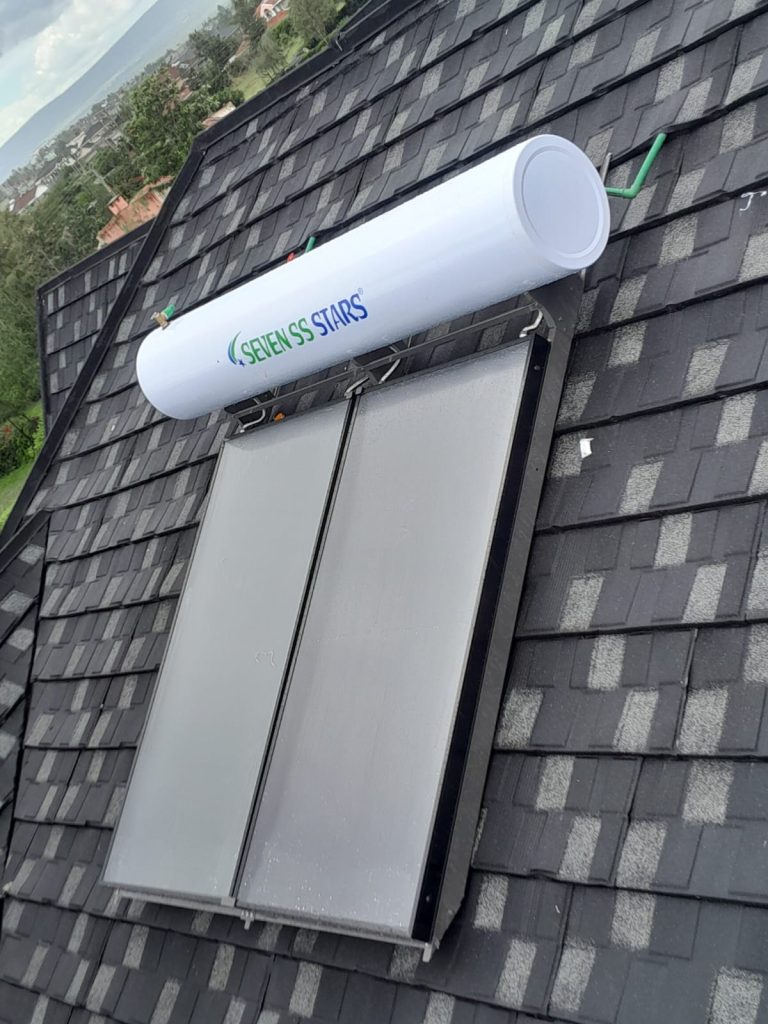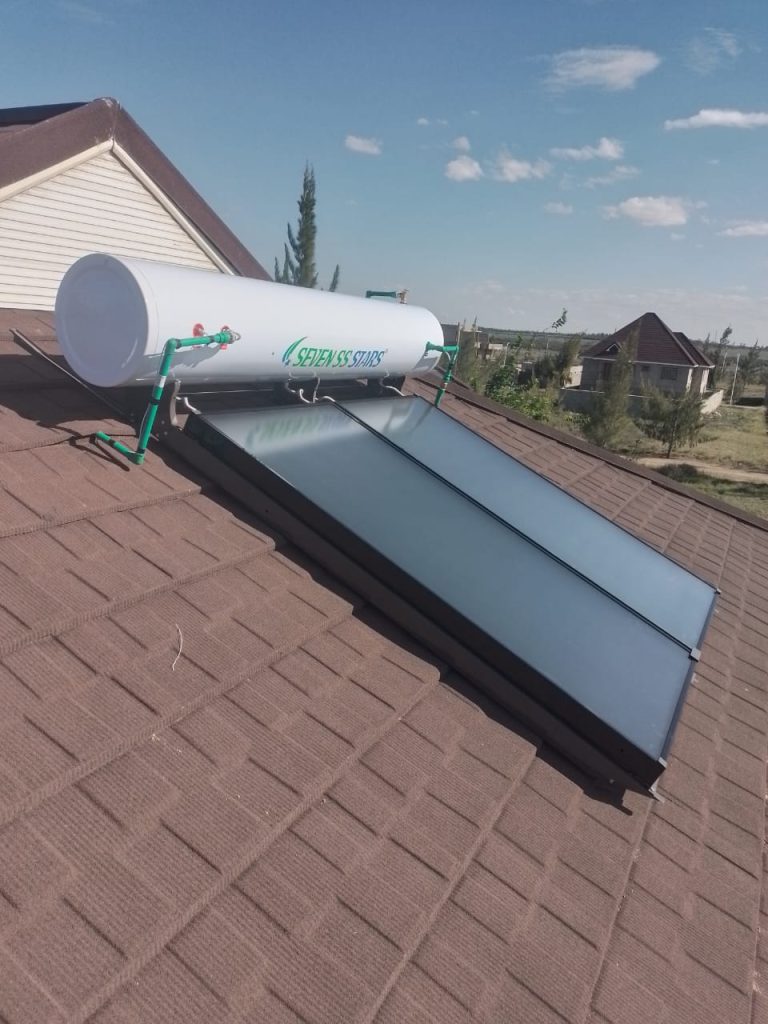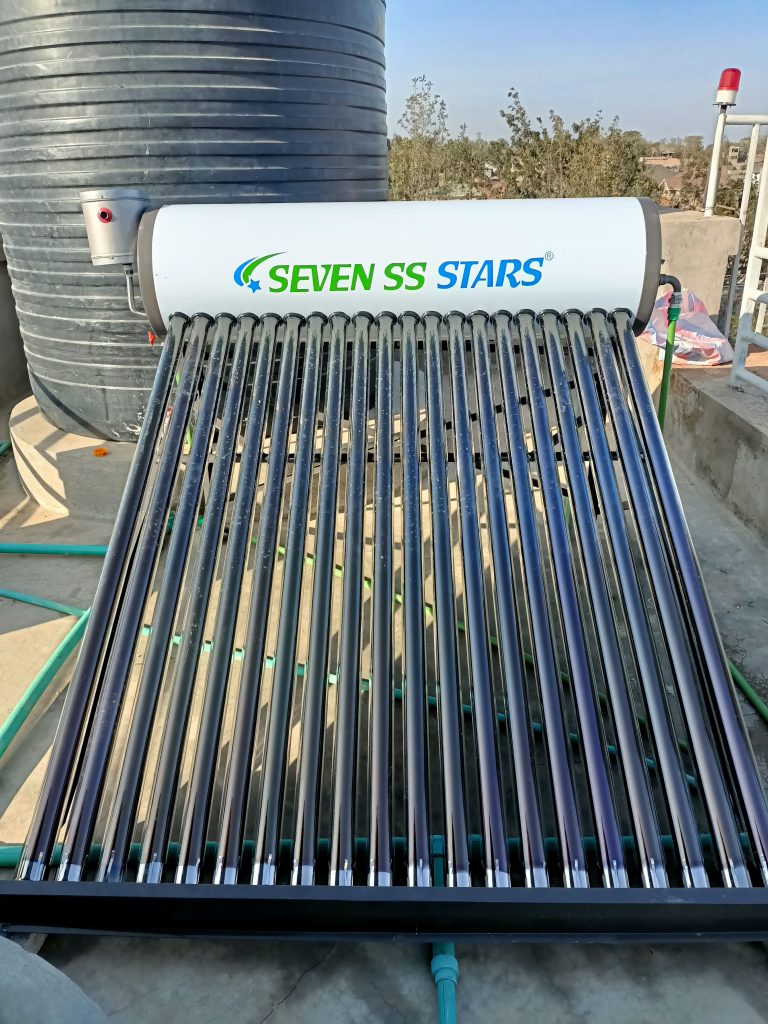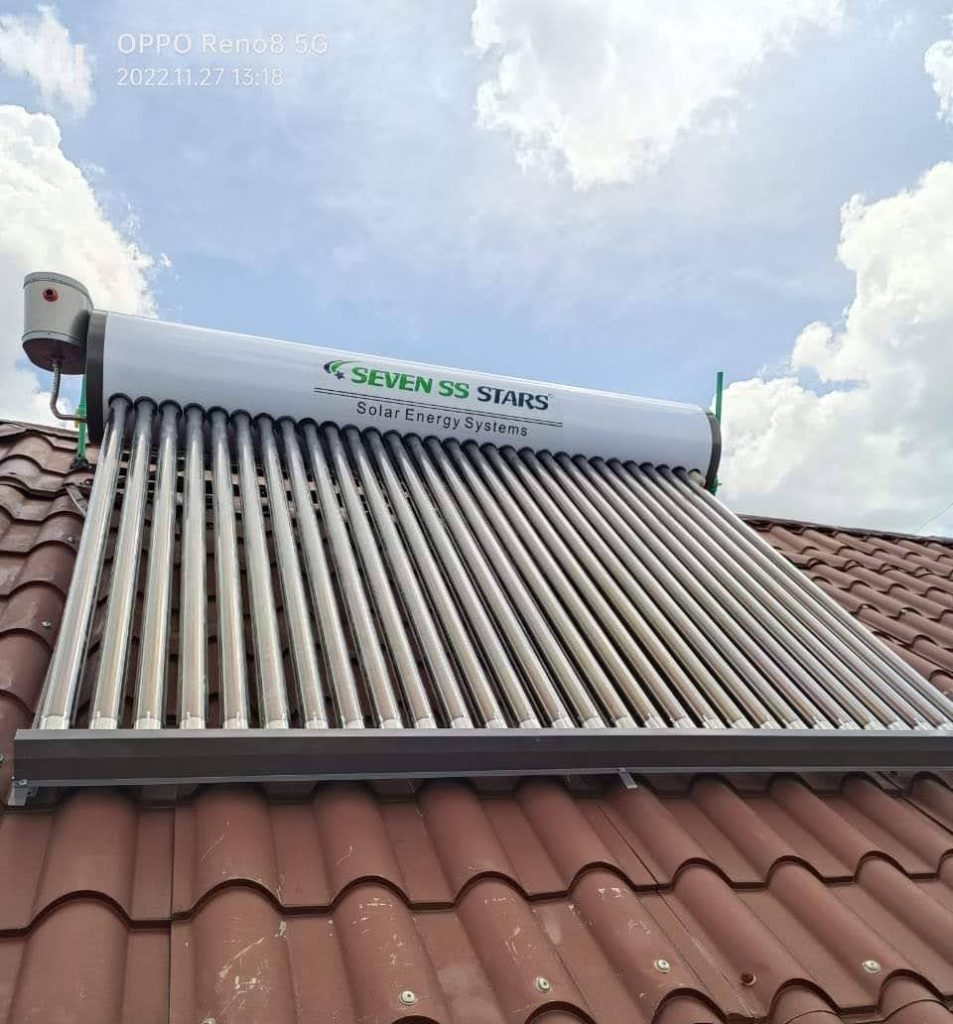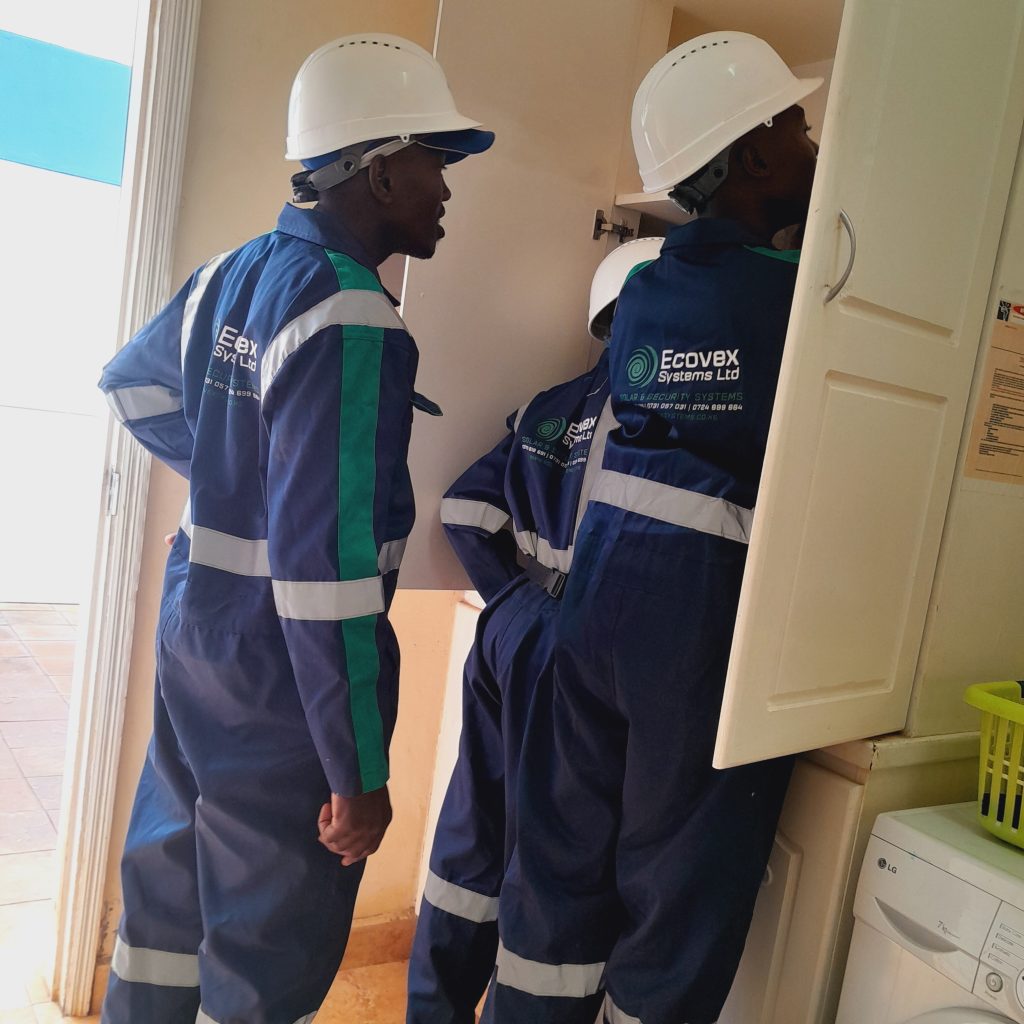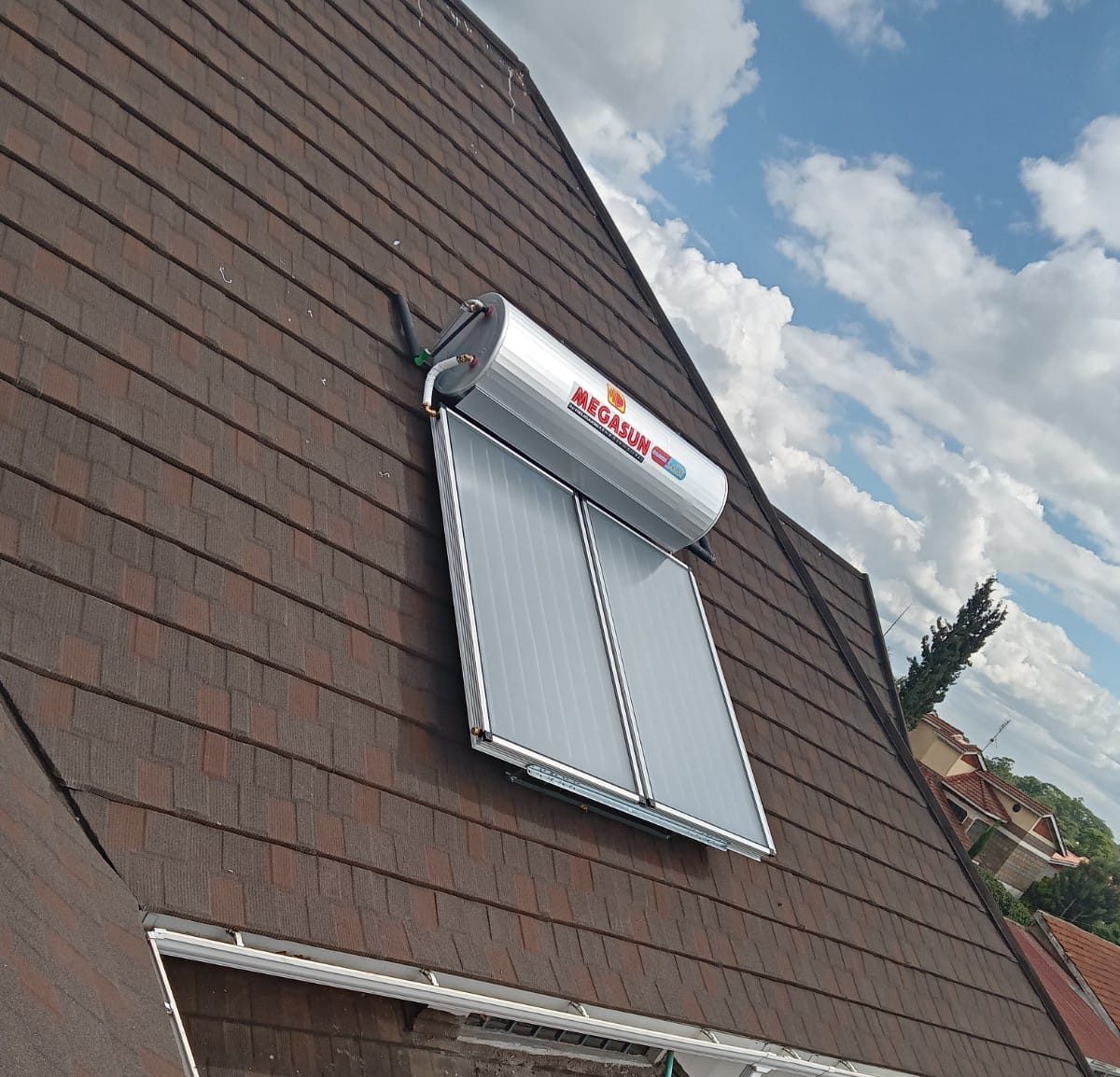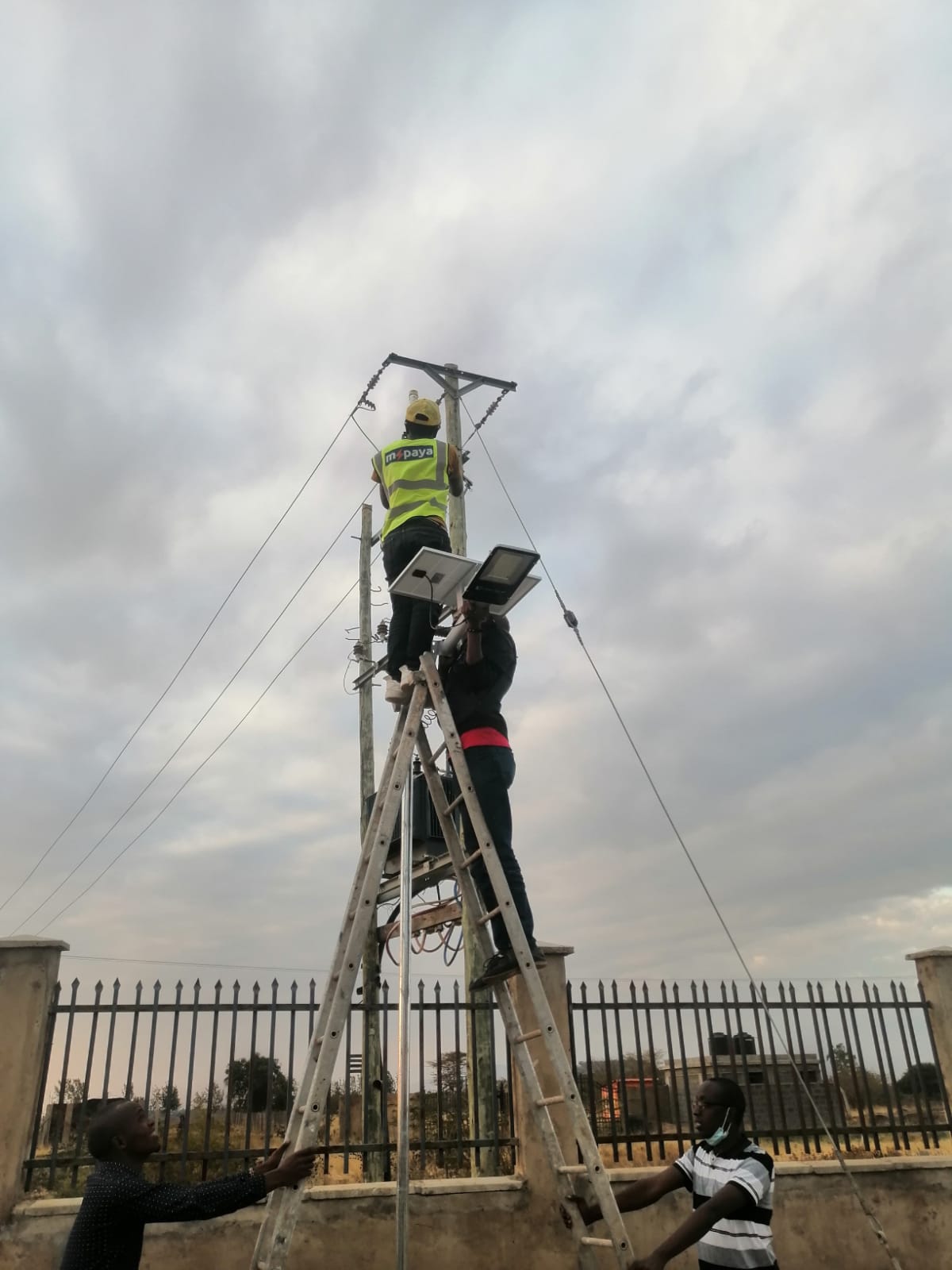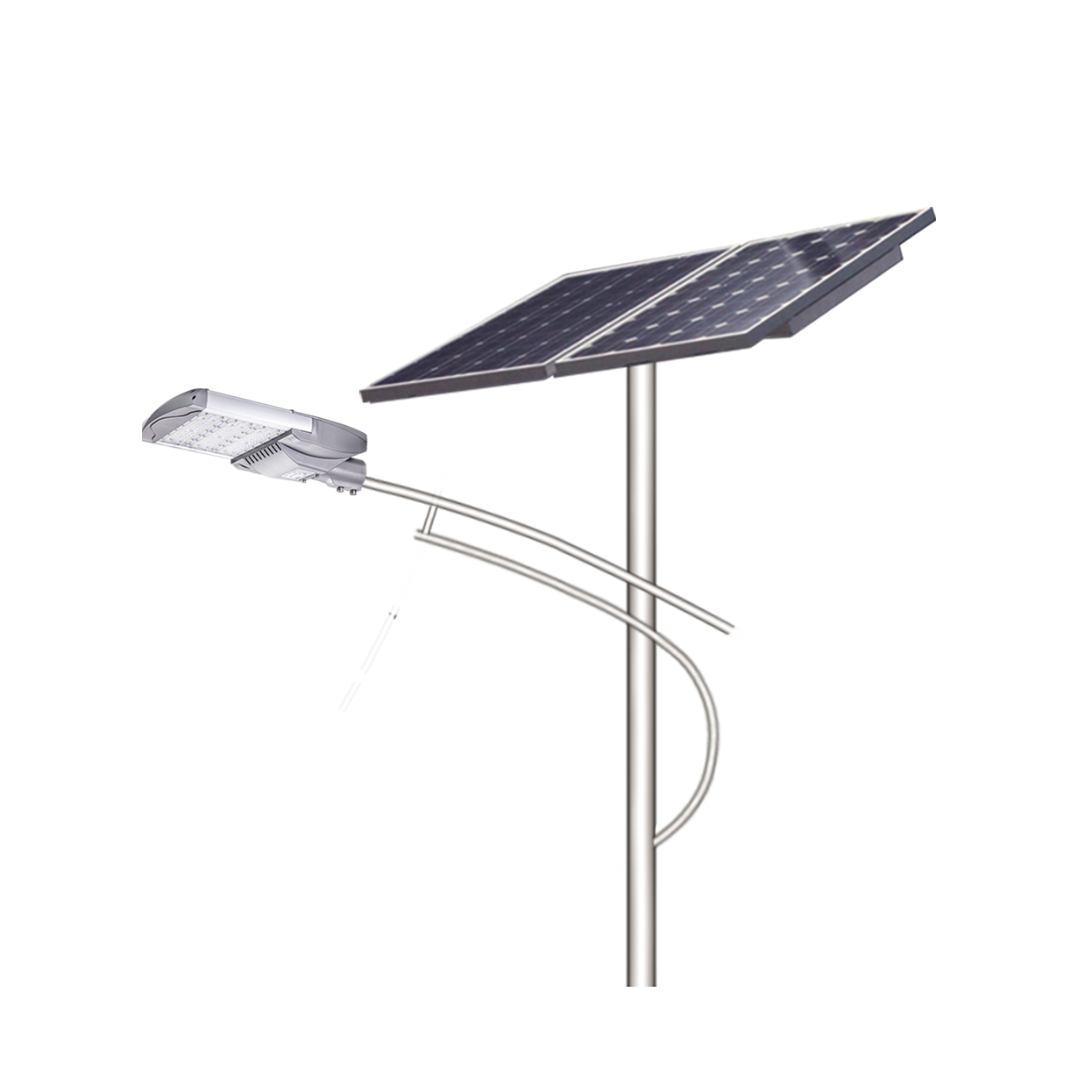Introduction
With solar energy becoming a go-to solution for reliable and sustainable power in Kenya, the demand for solar installations is higher than ever. But choosing the right solar installer can make the difference between a system that performs efficiently for years and one that fails to deliver on expectations.
Whether you’re installing solar panels for your home, business, or institution, selecting a reputable and experienced solar company ensures you get maximum return on your investment. Here are six crucial factors to consider when choosing a solar installer in Kenya.
1. Experience and Track Record
Look for a solar installer with a proven history of successful installations. Experience matters — especially when it comes to evaluating your energy needs, designing the system, and troubleshooting site-specific challenges.
Ask for a portfolio of completed projects or client references. A company like Ecovex Systems Ltd, for example, has handled residential, commercial, and institutional installations across Kenya, ensuring reliable service delivery based on years of experience.
2. Certification and Licensing
A professional solar installer should have all the necessary certifications and be registered with relevant authorities such as the Energy and Petroleum Regulatory Authority (EPRA). This not only assures you of compliance with Kenyan energy regulations but also indicates a level of technical expertise.
Check if their technicians are certified and if their products meet local standards.
3. Customization and Site Assessment
Every solar installation is unique. Avoid companies that offer “one-size-fits-all” packages without assessing your roof orientation, energy consumption, or future plans.
A good installer will conduct a thorough site survey and provide a tailored solution — including the right size of solar panels, batteries, and inverters — to match your specific needs.
4. Quality of Components
The durability and performance of your solar system depend largely on the quality of components used. Choose a solar installer that partners with reputable brands for solar panels, inverters, and batteries.
At Ecovex Systems Ltd, we source and supply high-quality monocrystalline panels, efficient hybrid inverters, and durable batteries to guarantee long-term performance and peace of mind.
5. After-Sales Support and Maintenance
Solar systems require occasional servicing and technical support. Go for a company that offers clear maintenance plans, warranties, and responsive customer service.
Ask: Do they provide system monitoring? Will they offer timely repairs if something goes wrong? A dependable installer will stand by their work even after the installation is done.
6. Transparent Pricing and Financing Options
A trustworthy solar installer will walk you through the costs and offer clear quotations with no hidden fees. Some companies also provide flexible payment plans or connect you with solar financing options, especially for large-scale projects.
This financial transparency helps you make informed decisions and plan your solar investment better.
Conclusion: Why Ecovex Systems Ltd Is a Trusted Installer
Choosing the right solar installer can feel overwhelming — but it doesn’t have to be. At Ecovex Systems Ltd, we combine technical expertise, quality products, and customer-centered service to provide end-to-end solar solutions across Kenya.
From off-grid setups and hybrid systems to solar water heating and electric fencing integrations, we ensure every project is built for performance, safety, and sustainability.
Looking to go solar? Get in touch with our team for a free consultation and customized quote today.
